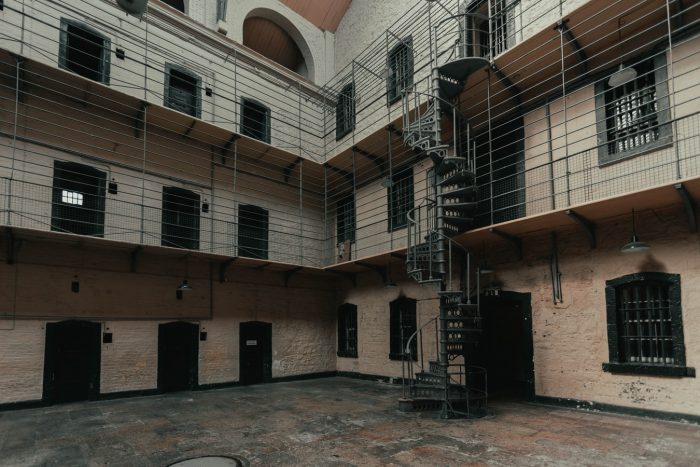Justice Kennedy has a unique position on the Supreme Court of United States—he is the swing vote.
Often called the nine, The Supreme Court of the United States’ most hotly contested decisions often come down to a single vote, a dreaded 5-4 decision.
Indeed most of the decisions of the Supreme Court are either 9-0, meaning a unanimous decision by each member of the Court, or 5-4, meaning a decision where one voice makes policy, changes political destinies and shapes our country.
Famous 5-4 decisions include Bush v. Gore, Citizens United v. FEC and Walmart v. Dukes. Often in these cases, the most tenuous vote, i.e. the fifth vote, will write the opinion thereby having the ability to even more profoundly shape our political, social and economic climate.
Justice Kennedy wrote the opinion in Citizens United, again showing his permeable power as the swing vote. This is why Justice Anthony Kennedy is so important to the court, and it is why his recent plea to the House Appropriations Subcommittee on Financial Services and Federal Government about solitary confinement and prison reform is so important, rare and remarkable.
“In many respects, I think it’s broken,” said Justice Kennedy said about the criminal justice system in what can be described as frank and stark urgency.
He challenged lawyers and policy makers to think beyond guilt or innocence and to look at rehabilitation of those processed by the criminal justice system.
He continued with, “The corrections system is one of the most overlooked, misunderstood institutions we have in our entire government…the total idea of incarceration is not working…it isn’t humane”.
Kennedy’s plea is unique and remarkable in two major ways: first Kennedy is far from a progressive. Kennedy was nominated to the Court by President Reagan and first appointed to the Appeals court by President Ford. Not easily pigeonholed ideologically, he wrote the decision in Citizens United and has systemically voted for abortion restrictions and what some would describe as big business interests.
Again, Kennedy is quite conservative in many aspects of his jurisprudence.
What is equally notable is that Kennedy, and other Supreme Court justices, rarely speak about pressing issues of the day. And speak he did.
He made bold sweeping statements about the criminal justice system calling into question the practice of solitary confinement, stating that mandatory minimums are a “terrible idea” and suggesting an alternative: European law.
“The Europeans have systems for difficult, recalcitrant prisoners in which they have them in a group of three or four… and they have human contact, and it seems to work much better.”
Kennedy used a rare platform to appeal to Congress stating that the prison system is broken.
He didn’t mince words and certainly will inspire nationwide dialogue about our prison system, the lack of correction in the lack of humanity in our incarcerations. Justice Kennedy is a large proponent of internationalism and globalism and is bringing this perspective to our prison problem.
More than 1.57 million Americans are behind bars and are not being treated with appropriate dignity and humanity.
Kennedy, as the swing vote, has thrown the gauntlet down for incarceration reform, prisoner rights and looking and challenging others to look more broadly about how we treat and correct people.
Justice Kennedy, with his truly unique position on the Court and in turn in the national political sphere, has created a space for a meaningful conversation about the future of our prisons and more importantly, our prisoners.
~
Relephant Link:
Why I Love Prison: It’s My Turn to Talk.
~
Author: Katie Schellenberg
Editor: Emma Ruffin
~
Facebook is in talks with major corporate media about pulling their content into FB, leaving other sites to wither or pay up if we want to connect with you, our readers. Want to stay connected before the curtain drops? Get our curated, quality newsletters below!


 Share on bsky
Share on bsky





Read 0 comments and reply